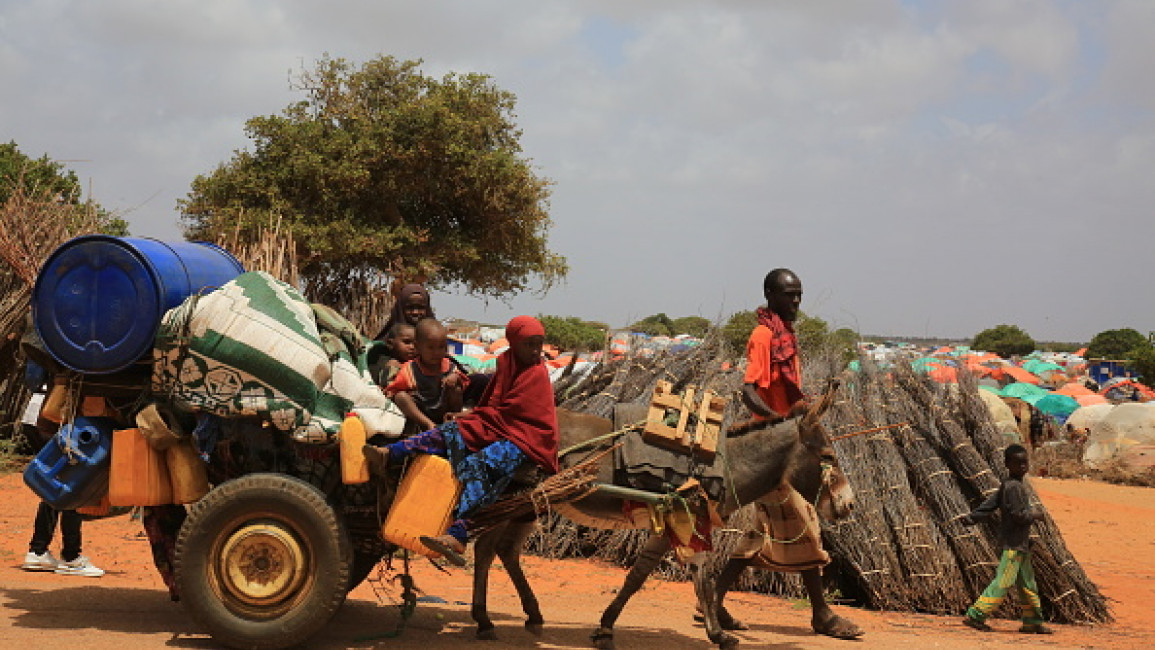Food aid staving off famine in Somalia: UN
The United Nations said Friday that international food assistance to Somalia was the only reason why famine was being kept at bay in the troubled country.
The UN's World Food Programme said the situation was dire and the nation was now in a desperate race against time to avert famine, having suffered four consecutive failed rainy seasons since the end of 2020 and with a fifth underway.
But WFP warned that if the world waited for famine to be formally declared before taking action, it would already be too late.
"Somalia is absolutely not out of danger yet. We remain extremely concerned about the dire situation across the country and we're in a desperate race against time," WFP's Somalia deputy country director Laura Turner told reporters in Geneva, speaking from Mogadishu.
"If the situation continues to worsen... then famine is projected before the end of this year."
Turner said that conditions were indeed expected to deteriorate as the rains have failed to materialise in the current season.
Meanwhile the situation could also worsen if the progressive scale-up of assistance is not maintained.
Famine is likely to strike in the Baidoa and Burhakaba districts of the Bay region, in inland southern Somalia.
Turner said famine had not yet been declared because three indicators had not been reached.
"One is extreme lack of food, the second is acute malnutrition and the third is mortality," she explained.
"The malnutrition rates are truly horrifying... the mortality rates are only increasing. It's actually only the provision of food assistance that is keeping famine at bay."
Food costs are rising because Somalia is heavily dependent on Ukraine and Russia for its wheat imports.
"Food assistance alone will not prevent large-scale loss of life," Turner said, as disease, poor hygiene and dehydration would prove fatal.
She said WFP required $300 million to sustain its operations for the next six months, when the next potential rains might come.
rjm/nl/jmm



